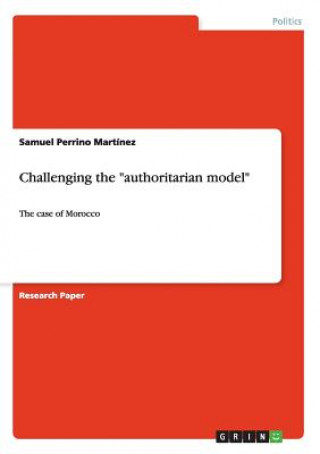
Kód: 01680687
Challenging the authoritarian model
Autor Samuel Perrino Martínez
Research Paper from the year 2012 in the subject Politics - International Politics - Region: Far East, grade: -, University of Southern Denmark (Middle East Studies Center), course: Master, language: English, abstract: Since 1950, ... celý popis
- Jazyk:
 Angličtina
Angličtina - Vazba: Brožovaná
- Počet stran: 26
Nakladatelství: Grin Publishing, 2012
- Více informací o knize

Mohlo by se vám také líbit
-
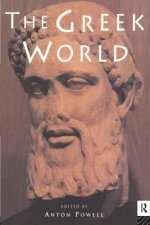
Greek World
3059 Kč -
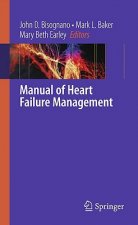
Manual of Heart Failure Management
1424 Kč -
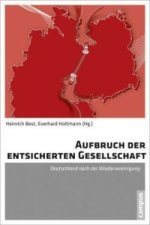
Aufbruch der entsicherten Gesellschaft
1229 Kč -

I Keep My Cool
957 Kč -
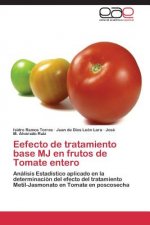
Efecto de tratamiento base MJ en frutos de Tomate entero
1982 Kč -
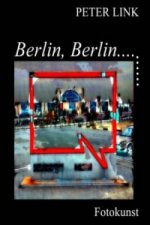
Berlin, Berlin...
638 Kč -

Chiara, Diamant und ihre Freunde
263 Kč
Darujte tuto knihu ještě dnes
- Objednejte knihu a zvolte Zaslat jako dárek.
- Obratem obdržíte darovací poukaz na knihu, který můžete ihned předat obdarovanému.
- Knihu zašleme na adresu obdarovaného, o nic se nestaráte.
Více informací o knize Challenging the authoritarian model
Nákupem získáte 100 bodů
 Anotace knihy
Anotace knihy
Research Paper from the year 2012 in the subject Politics - International Politics - Region: Far East, grade: -, University of Southern Denmark (Middle East Studies Center), course: Master, language: English, abstract: Since 1950, Morocco has received more U.S. aid than any other Arab or African country, except for Egypt. Indeed, since the beginning of the war over Western Sahara, Morocco has received more than one-fifth of all U.S. aid to the continent, totalling more than $1 billion in military assistance and $1.3 billion in economic aid ( Zunes). This aid is more relevant if one takes into account the remarkable diplomatic support given by United States, in the Sahara issue, in opposition to the International Right. For other hand, the European Union has always followed Moroccan policy, both as an Union, but also the different countries which belong to it ( especially France). This is witnessed through special status of privilege, and in different trade agreements, which some analyst have described as a disguised subsidy in retribution for prickly issues as immigration or terrorism ( El Mundo)Few regions have such geostrategic relevance as the Middle East, however Morocco, in opposition to their neighbours, is one of the countries with the least natural resources (Calatrava García). It has no oil or gas, and its situation is relatively peripheral in relation to the rest of the Arab World, especially in the relation with the hottest region : Palestine. As Frisch (2011) affirms, Moroccan regime survival is probably the hardest to explain; it is the most populous monarchy with a population of over 30 million, has no oil, a low GNP per capita by the standards of most of the states in the Middle East and North Africa, and one of the most unequal distributions of income. This paper is divided in two parts. In the first part I will expose the reasons that the Kingdom of Morocco could loose its international past relevance as a main actor in Middle East, both for United States and the European Union, using a comparative perspective with the Cold War period, with different actors. In the second part of the paper I will expose what is the position of Morocco to the new international challenges as terrorism or the question of democracy. This general comparative study will explain why a policy of economic and military support as in the past can be counterproductive, not just for moral or ideological reasons, but also geostrategic, fostering anti democratic and authoritarian structures in the region, becoming a threat rather than a factor of stability in the region.
 Parametry knihy
Parametry knihy
Zařazení knihy Knihy v angličtině Society & social sciences Politics & government
1004 Kč
- Plný název: Challenging the authoritarian model
- Autor: Samuel Perrino Martínez
- Jazyk:
 Angličtina
Angličtina - Vazba: Brožovaná
- Počet stran: 26
- EAN: 9783656283218
- ISBN: 3656283214
- ID: 01680687
- Nakladatelství: Grin Publishing
- Hmotnost: 45 g
- Rozměry: 210 × 148 × 2 mm
- Datum vydání: 06. October 2012
Oblíbené z jiného soudku
-

Case Against the Sexual Revolution
392 Kč -
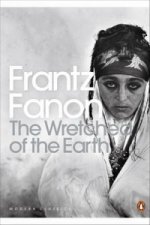
Wretched of the Earth
286 Kč -
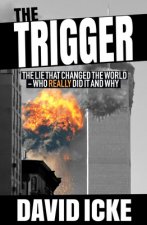
The Trigger
586 Kč -
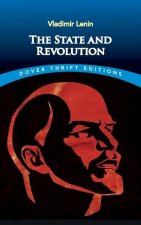
State and Revolution
117 Kč -

Accidental Superpower
455 Kč -

My Autobiography
306 Kč -

Fight Like A Girl
276 Kč -
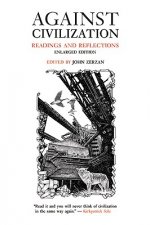
Against Civilization
389 Kč -
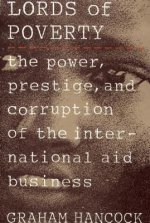
The Lords of Poverty: The Power, Prestige, and Corruption of the International Aid Business
324 Kč -
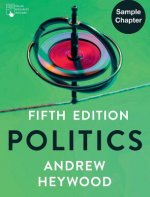
Politics
1301 Kč -
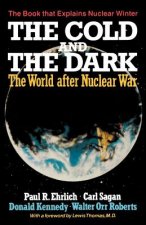
Cold and the Dark
482 Kč -

Voices from the Contemporary Japanese Feminist Movement
1343 Kč -
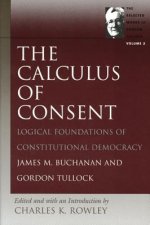
Calculus of Consent
403 Kč -

Mafia Monograph, Part 1 of 4
532 Kč -
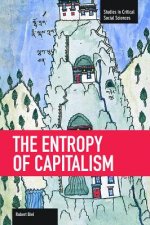
Entropy Of Capitalism
1124 Kč -

Harm Reduction or Harm Maintenance
781 Kč -
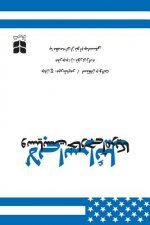
Israel Lobby and U. S. Foreign Policy
710 Kč -

Red Petrograd
554 Kč -
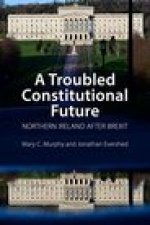
Troubled Constitutional Future
708 Kč -
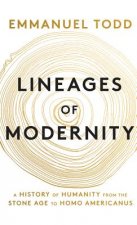
Lineages of Modernity - A History of Humanity from the Stone Age to Homo Americanus
1098 Kč -

Inventing Vietnam
801 Kč -
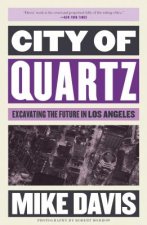
City of Quartz
379 Kč -

Flash Boys - A Wall Street Revolt
258 Kč -
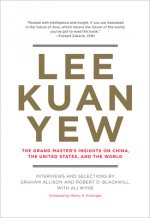
Lee Kuan Yew
500 Kč -
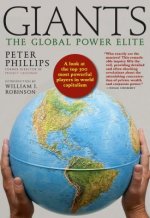
Giants
494 Kč -
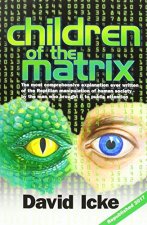
Children of the Matrix
454 Kč -

Queer Encounters with Communist Power
558 Kč -
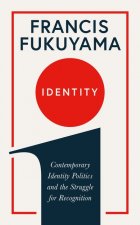
Identity
316 Kč -
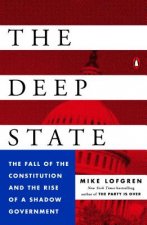
Deep State
387 Kč -
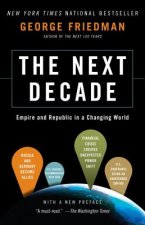
Next Decade
434 Kč -
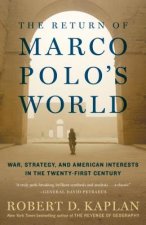
Return of Marco Polo's World
410 Kč -
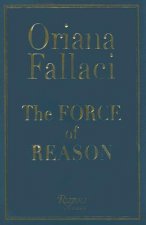
Force of Reason
493 Kč -
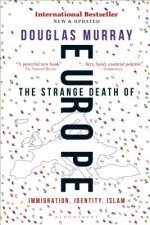
STRANGE DEATH OF EUROPE
473 Kč -

Political Science For Dummies
471 Kč -

Yoga of Eating
287 Kč -
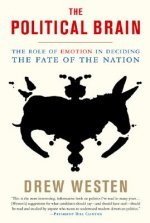
Political Brain
359 Kč -
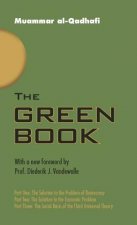
GREEN BOOK
196 Kč -
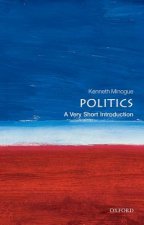
Politics: A Very Short Introduction
249 Kč -
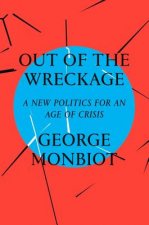
Out of the Wreckage
482 Kč -
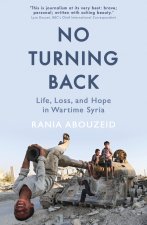
No Turning Back
303 Kč -
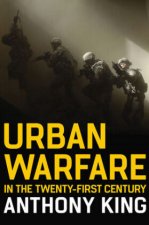
Urban Warfare in the Twenty-First Century
673 Kč -

Trade Marketing, Category Management, and Shopper Marketing
2257 Kč -

Spirit of the Laws
623 Kč -

USAF Military Working Dog Program - Scholar's Choice Edition
725 Kč -
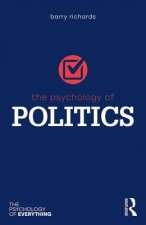
Psychology of Politics
555 Kč -
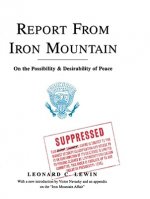
Report From Iron Mountain
366 Kč -

Lies My Teacher Told Me
561 Kč -
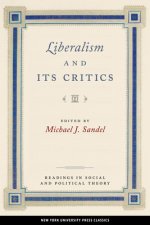
Liberalism and Its Critics
854 Kč -
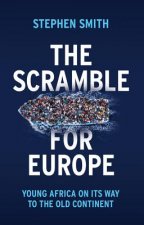
Scramble for Europe, Young Africa on its way to the Old Continent
446 Kč
Osobní odběr Praha, Brno a 12903 dalších
Copyright ©2008-24 nejlevnejsi-knihy.cz Všechna práva vyhrazenaSoukromíCookies



 Vrácení do měsíce
Vrácení do měsíce 571 999 099 (8-15.30h)
571 999 099 (8-15.30h)